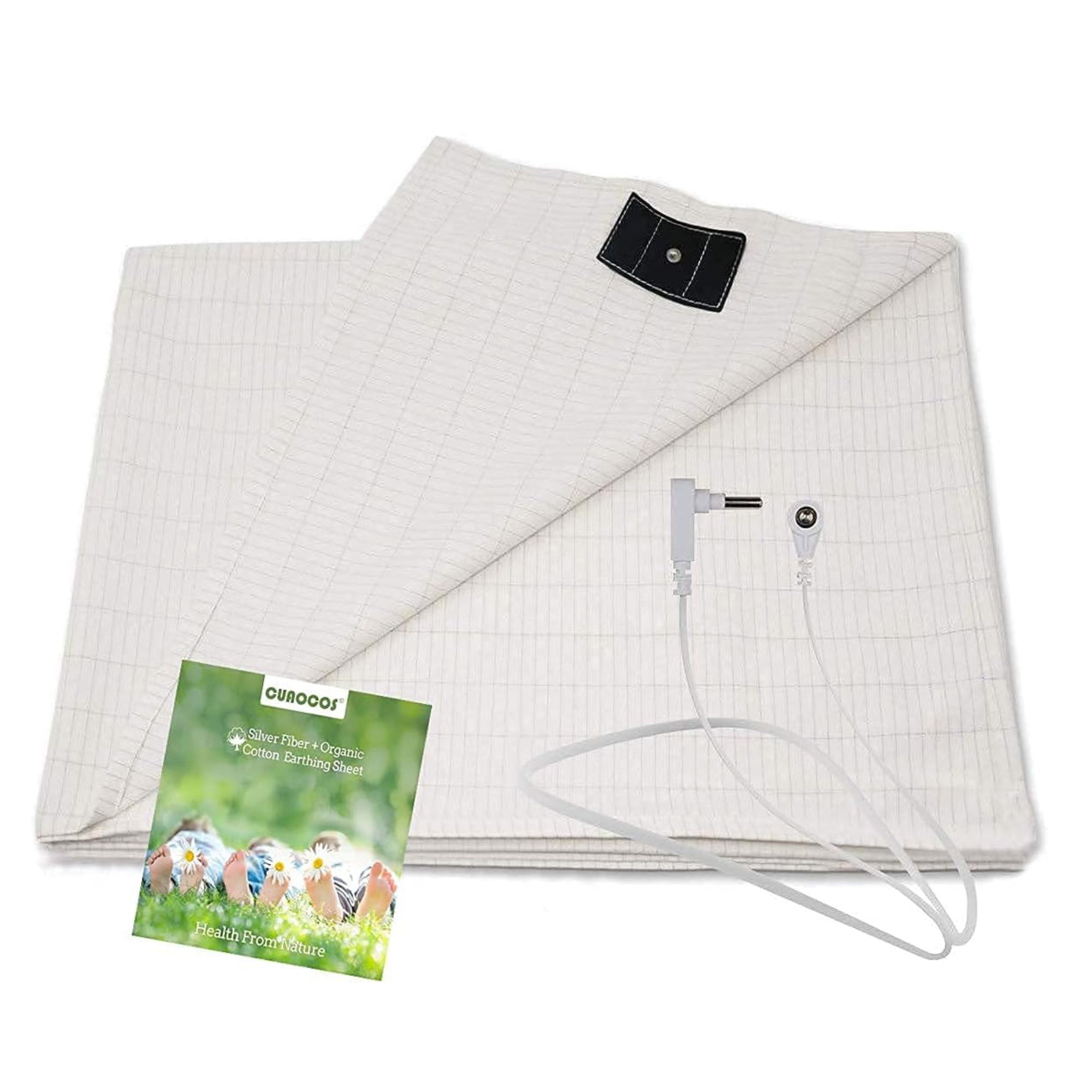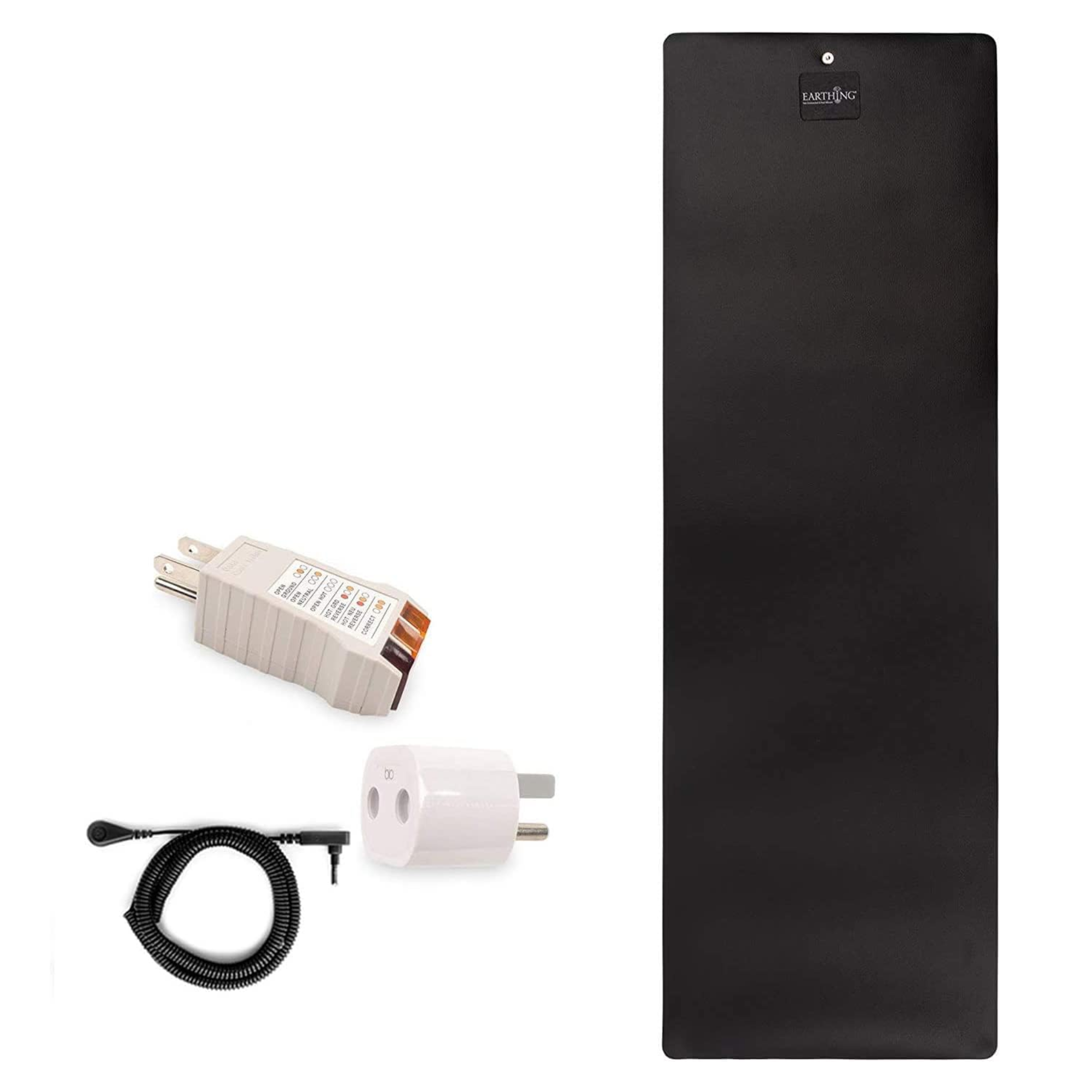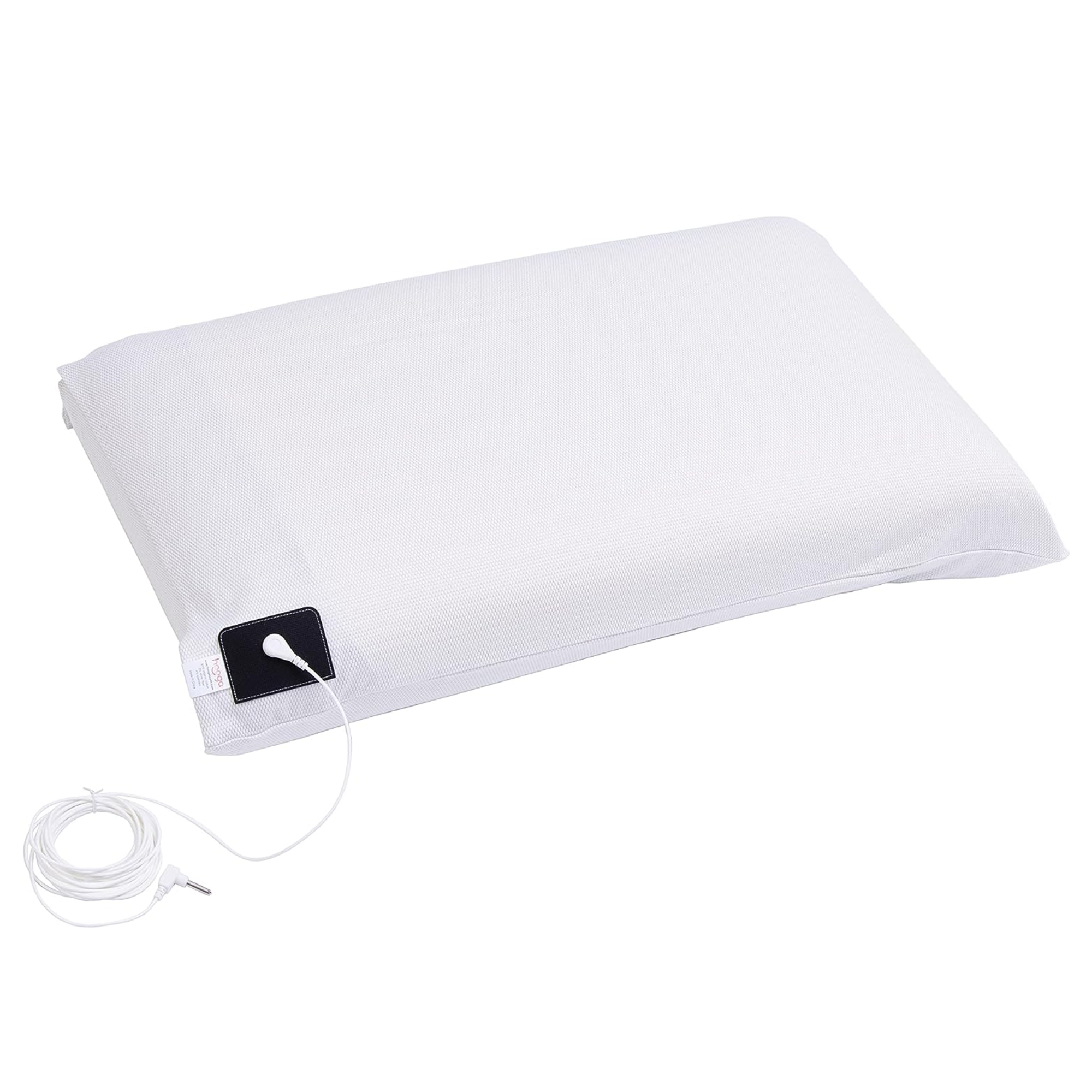'Bed grounding' is the viral wellness trend that improves sleep - but is it worth it? Experts unanimously decide
Grounding is all about harnessing the Earth's natural healing energy in the bedroom, and it's becoming increasingly popular

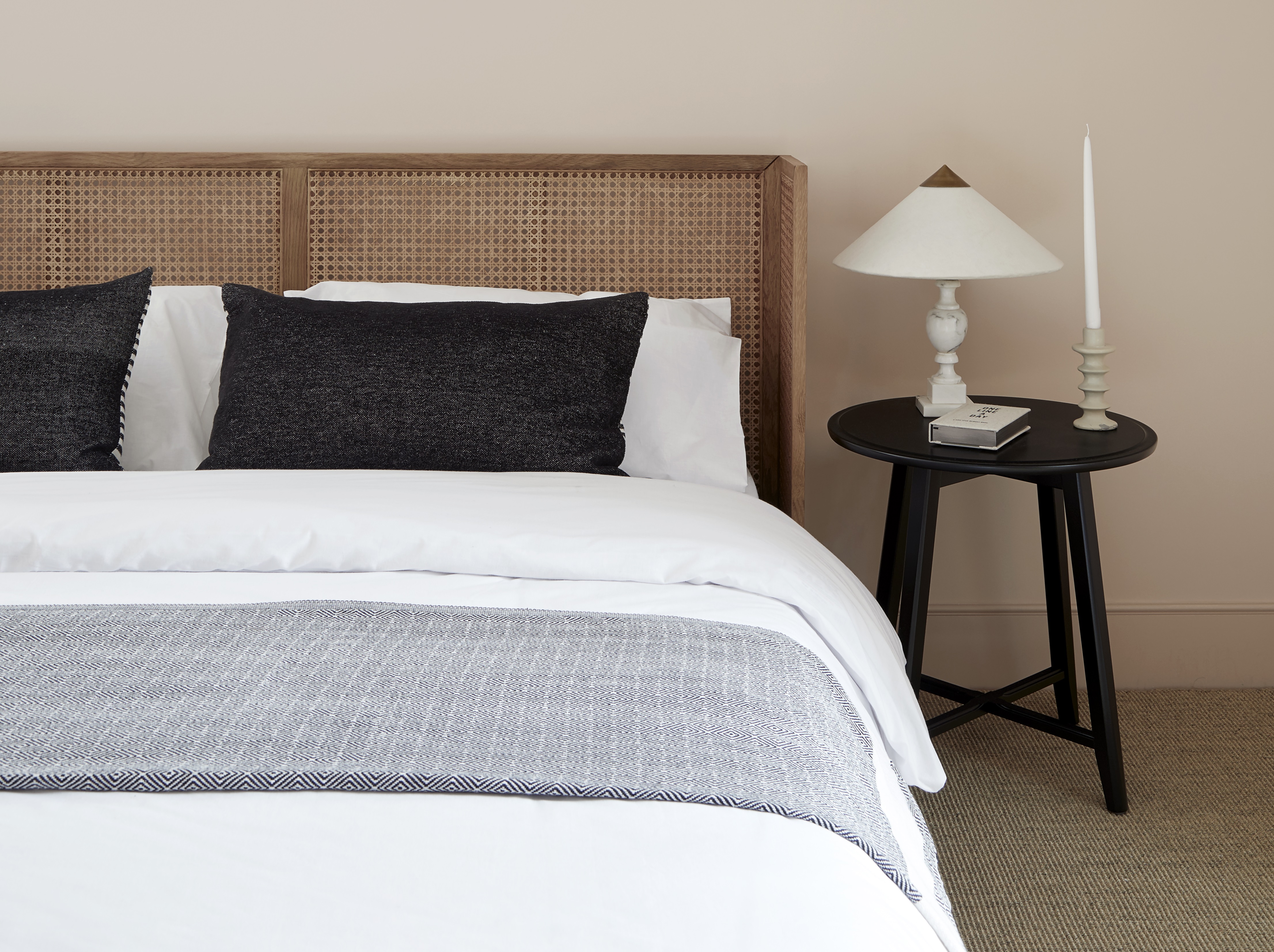
The Livingetc newsletters are your inside source for what’s shaping interiors now - and what’s next. Discover trend forecasts, smart style ideas, and curated shopping inspiration that brings design to life. Subscribe today and stay ahead of the curve.
You are now subscribed
Your newsletter sign-up was successful
Do you struggle to get to sleep and feel tired during the day? Do you often wake up with back or neck pain? Do you want to regulate your circadian rhythm and improve the quality of your sleep? If the answer to any of the above was 'yes', you might want to look into incorporating a practice known as 'grounding' into your bedtime routine.
You might have heard of the concept of grounding - also known as earthing - in contexts such as standing on the grass barefoot or stroking the natural ground. Within the sphere of sleep, it's essentially the same idea, and it's all about harnessing the Earth's natural healing energy. But, before you dismiss the notion as just another woo-woo wellness trend, you ought to know that it has many reported health benefits that can impact your sleep quality, from reducing inflammation to stabilizing your cortisol levels.
Keen to learn more? We asked sleep experts for their insights into this viral wellness trend and whether or not it's really worth its weight. Before you welcome grounding into your modern bedroom, here's what you need to know.
What is 'grounding'?
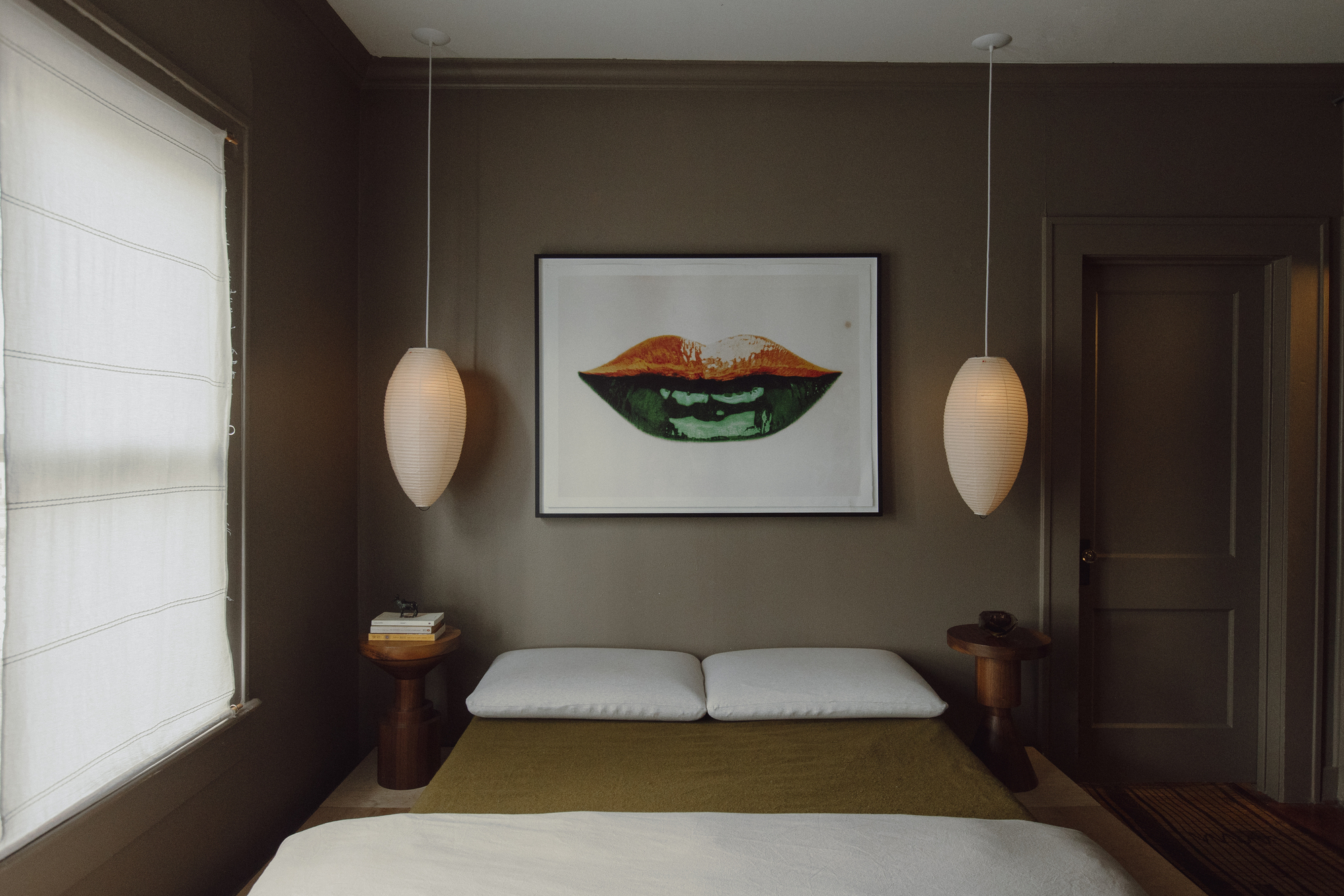
Grounding - also known as earthing, is a wellness trend that's all about connecting the body to the Earth's surface. 'In the realm of sleep, it's postulated that this connection can recalibrate the body's electrical state, potentially improving sleep quality and health outcomes,' explains Dr Naheed Ali, sleep expert and founder of Sleep Bubble.
Essentially, the practice is all about balancing the body's electromagnetic field which can in turn help you to sleep better. And, while not reserved solely for sleep (some like to incorporate grounding into yoga or as part of their waking routine), it's been growing traction in the sleep community.
During shut-eye, it involves sleeping on a grounding mat, bed sheet, or outdoors in direct contact with the ground itself. Sometimes an even more complex system is used whereby conductive wires threaded into a sheet are fed outside a bedroom window or through the wall and then connected to a metal rod that's inserted into the ground.
'This allows individuals to absorb the Earth's "natural electricity" or electrons, which is believed to offer a wide range of potential health benefits,' explains Bridget Chapman, a Certified Sleep Science Coach at Sleepolosis. 'To start incorporating the process into your sleep routine, you can use various earthing products, including conductive sheets, pillows, earthing sleeping bags, and grounding mats, which help individuals maintain this connection with the Earth's energy while they sleep.'
The Livingetc newsletters are your inside source for what’s shaping interiors now - and what’s next. Discover trend forecasts, smart style ideas, and curated shopping inspiration that brings design to life. Subscribe today and stay ahead of the curve.
What are the benefits of grounding?
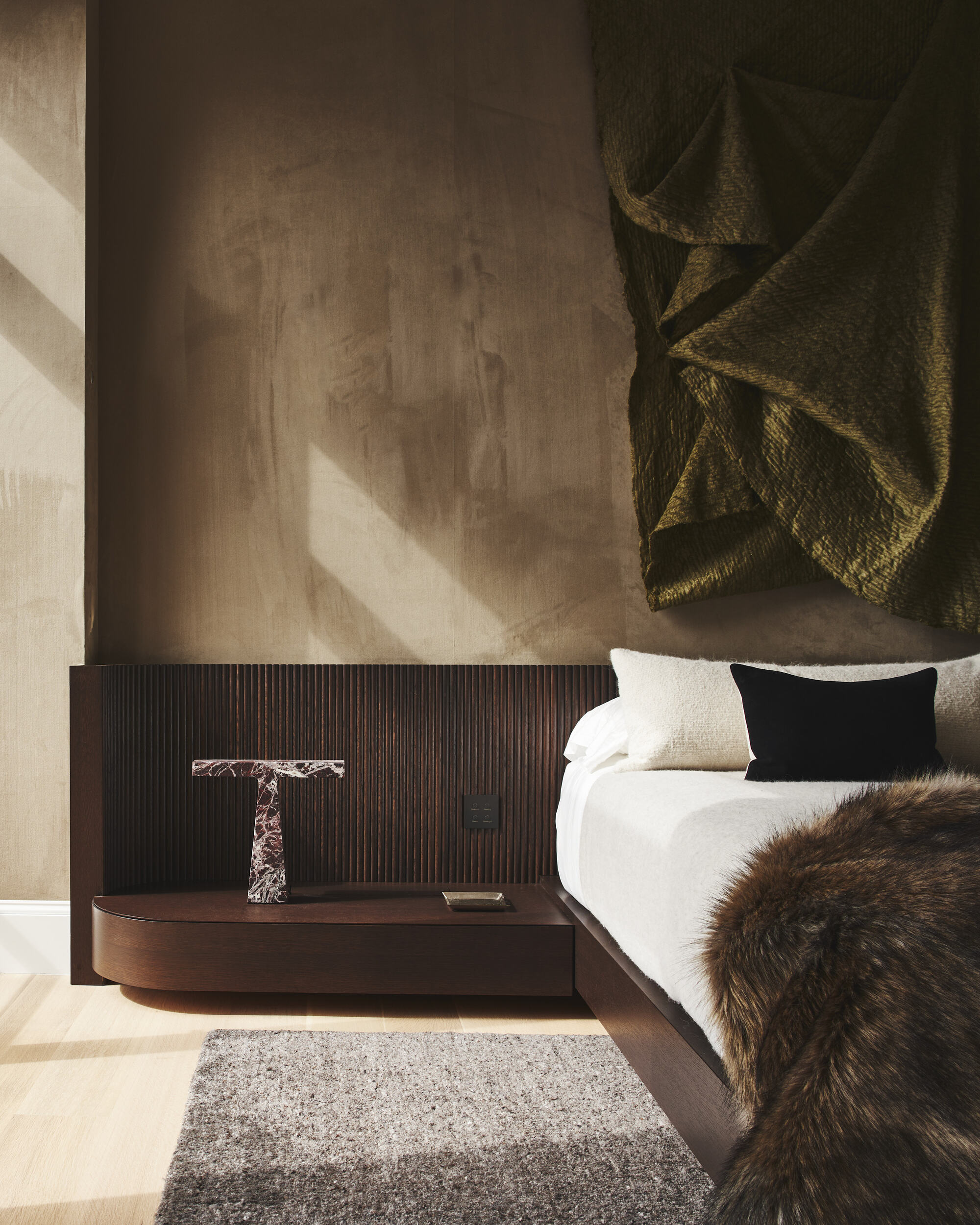
According to advocates, earthing can lead to a whole range of health benefits, from healing ailments to improving your quality of sleep. As Dr Naheed notes: 'Commonly reported benefits include reduced inflammation, stabilization of the hormone cortisol (linked with stress and circadian rhythms), and mitigation of certain sleep disturbances, like snoring and frequent waking.'
As well as these, Bridget says grounding has also been associated with an increased mood. 'A small study claims that grounding could also have a positive impact on thyroid hormone and glucose levels,' she says. 'However, while research in this area is ongoing, there isn't much evidence suggesting that grounding may lower anxiety levels as a result.'
While some health benefits have been disputed, there are some core advantages of grounding during your sleep. Bridget explains that by introducing the practice to the bedroom and incorporating it into your sleep schedule, rather than during your waking routine, you remain grounded for a longer period, maximizing the benefits and promoting the healing process.
Does grounding really work?
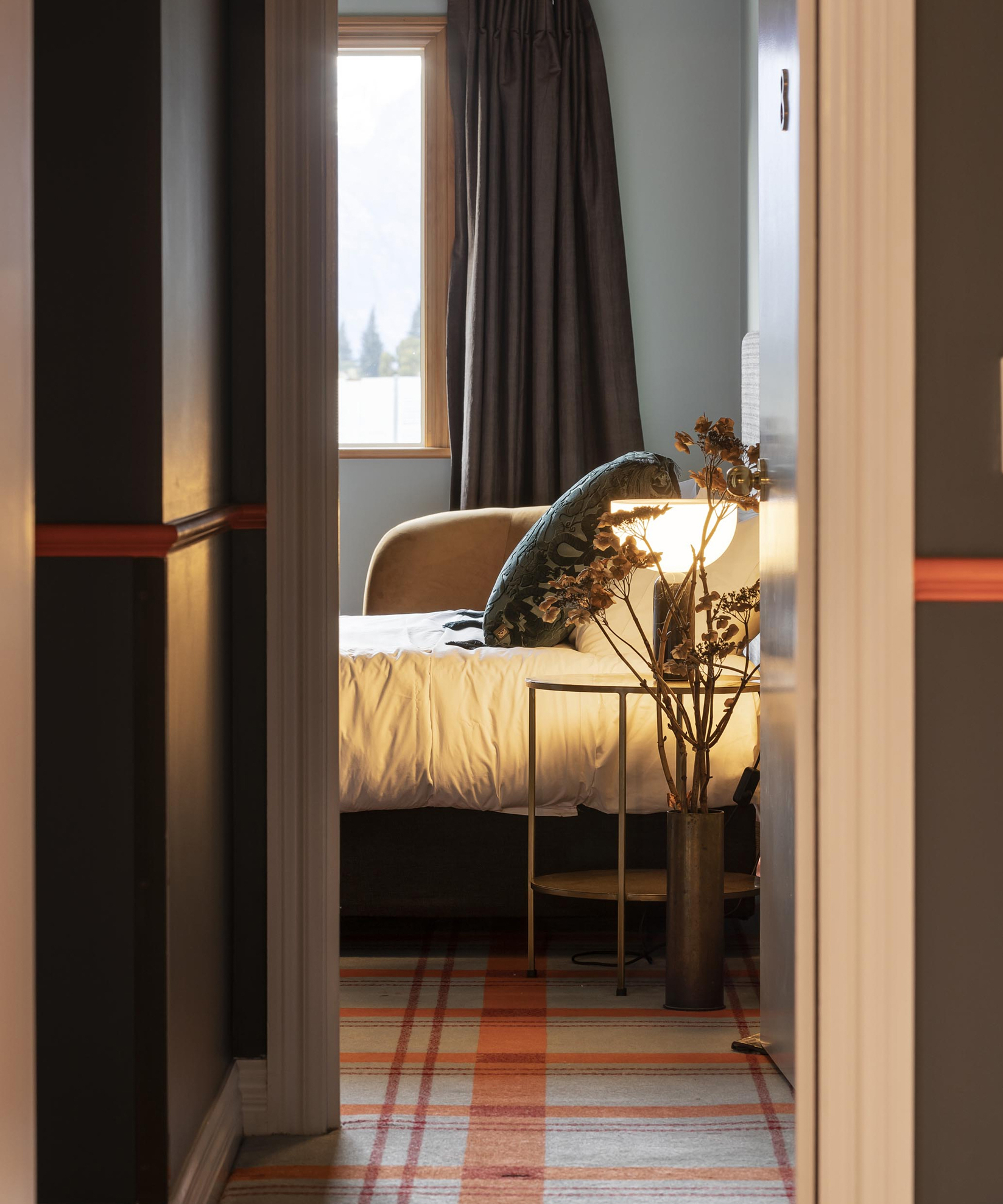
So far, so good - but does earthing really hold any credence? Experts are divided, with some discrediting the idea entirely. Others, however, are more optimistic about the potential benefits that could result from the regular practice of grounding.
To decide for yourself, it helps to know a little bit about the science behind the concept. 'The theory is that by touching the negatively charged Earth, our bodies neutralize accumulated positive charges,' says Dr Naheed. 'Special earthing mats aim to simulate this effect and while anecdotal evidence exists, comprehensive scientific studies are still limited. Given current data, it seems prudent to approach earthing with an open yet critical perspective as more research is needed to reach scientific consensus on the effects.'
If you're keen to try grounding in the hope of improving your sleep then it's probably best to visit more trusted sleep improvement techniques first. This could be something as simple as making your bedroom darker or incorporating some bedtime rituals to promote relaxation. 'If you're experiencing sleep difficulties, prioritizing a good night's sleep should always take precedence,' Bridget says. 'It's important to explore grounding cautiously and consider other options if sleep quality is your primary concern.'
Dr Naheed agrees, emphasizing how the unique variability of sleep will also come into play. 'Our health and well-being are profoundly personal paths,' he says. 'Earthing reimagines an ancient ritual using modern tools like grounding mats. As such, it presents an intriguing area to explore, although it warrants the same open yet analytical approach we would apply to any wellness practice.'
Can grounding be harmful?
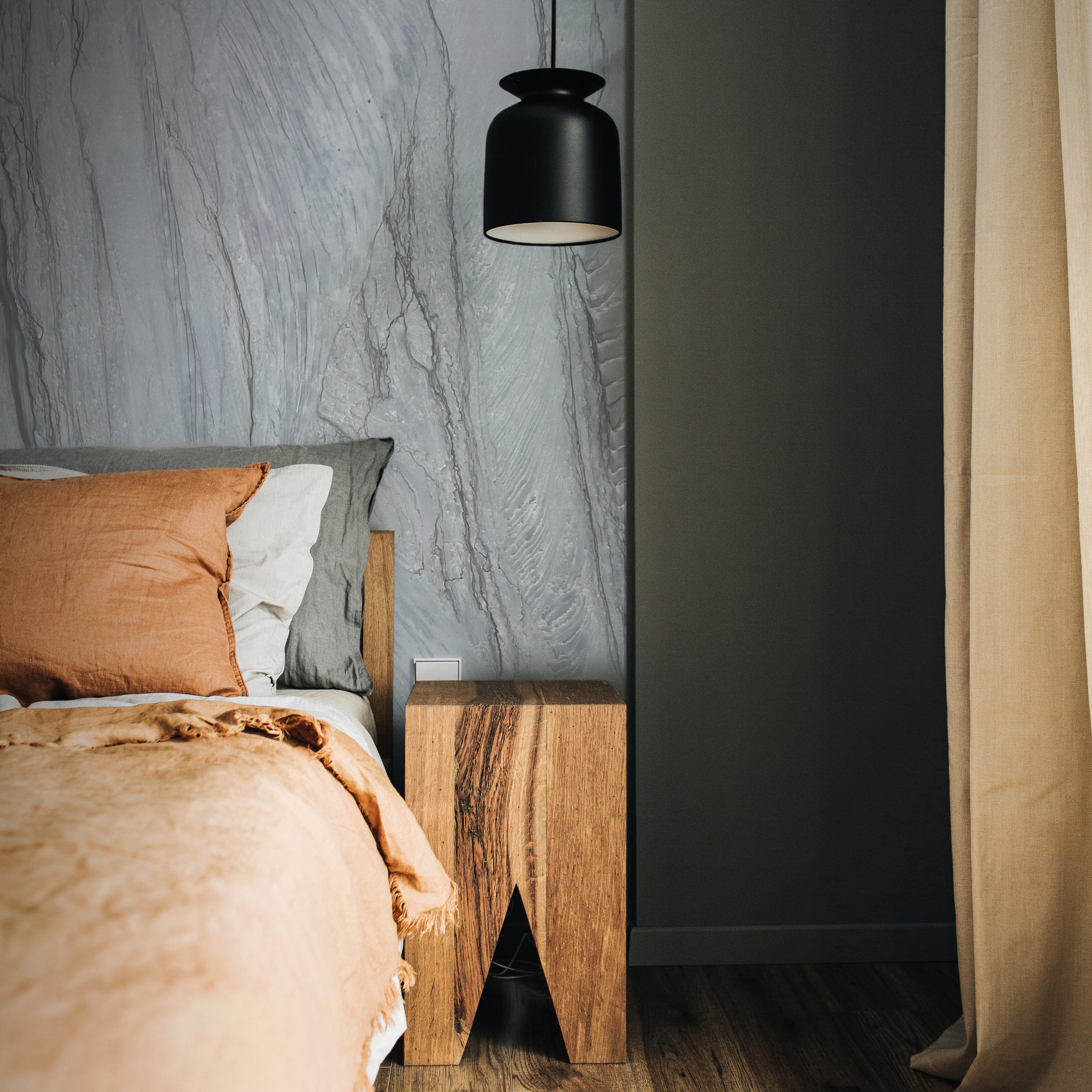
If you're the inquisitive type (and a typically poor sleeper) the idea of earthing might sound really enticing, but, while earthing is considered safe, there are a few purported risks you'll want to know about before you buy into the idea.
'Firstly, some new adopters report sensations like tingling or warmth, possibly indicative of the body's recalibration,' explains Dr Naheed. 'If one is considering earthing mats, ensuring the authenticity of the product is also essential to avoid potential electrical hazards.'
As Bridget notes, individuals with mobility issues may also find ground sleeping challenging if only a mat is used, so it's probably best avoided if you have accessibility needs. 'Another potential concern is the possibility of experiencing a "detox reaction" when initially increasing your connection to the ground or a grounding mat,' she adds. 'This reaction may have symptoms such as fatigue or headaches.'
So, what's the final verdict? The reported benefits seem to outweigh the associated risks, but - just like other viral sleep trends like bed rotting and swaddling pods - the only way to know if grounding works for you is to try it yourself. 'Through patience, personal observation, and a touch of healthy skepticism, we can make informed decisions about earthing's value for us,' says Dr Naheed. 'More rigorous studies may further elucidate earthing's potential effects but for now, it remains an experimental area warranting curious but critical examination.'
Want to give grounding a go? Try these

Lilith Hudson is a freelance writer and regular contributor to Livingetc. She holds an MA in Magazine Journalism from City, University of London, and has written for various titles including Homes & Gardens, House Beautiful, Advnture, the Saturday Times Magazine, Evening Standard, DJ Mag, Metro, and The Simple Things Magazine.
Prior to going freelance, Lilith was the News and Trends Editor at Livingetc. It was a role that helped her develop a keen eye for spotting all the latest micro-trends, interior hacks, and viral decor must-haves you need in your home. With a constant ear to the ground on the design scene, she's ahead of the curve when it comes to the latest color that's sweeping interiors or the hot new style to decorate our homes.
